You have not yet added any article to your bookmarks!

Join 10k+ people to get notified about new posts, news and tips.
Do not worry we don't spam!
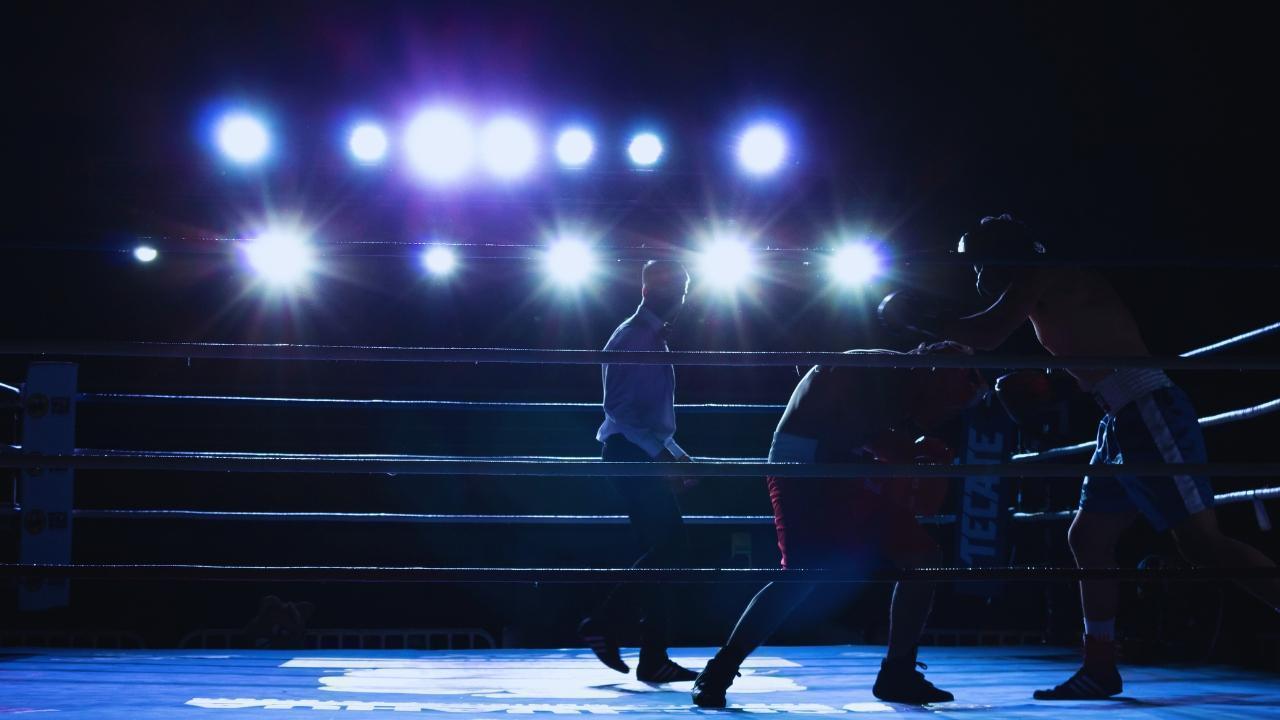
Post by : Anis Farhan
In recent years, the Gulf region has become a focal point for global sports entertainment. While the Middle East has long been a magnet for luxury, innovation, and business, its latest strategy is capturing the hearts of millions through sporting spectacles. WWE and UFC, two of the most powerful names in combat entertainment, are now central to this transformation. The arrival of these mega-events signals more than just entertainment; it marks a cultural shift, an economic boost, and a redefining of global sports geography.
The Gulf nations, particularly Saudi Arabia and the UAE, are making calculated moves to position themselves as international hubs for entertainment and sports. Investments in infrastructure, from state-of-the-art arenas to hospitality ventures, have created the perfect setting for events like UFC Fight Night and WWE Crown Jewel. The Gulf’s willingness to spend big on hosting rights has made it irresistible for organizations seeking expansion beyond traditional markets like the US and Europe.
One key reason behind this strategy is diversification. Gulf economies, historically dependent on oil, are pushing for sustainability through Vision 2030 plans that emphasize tourism and global entertainment. Hosting UFC and WWE aligns with this vision, attracting millions of tourists, international media coverage, and sponsorship deals. These events do not just bring fights—they bring global attention, creating ripple effects across the economy.
Among the flagship events making waves in the region is WWE’s Crown Jewel. First introduced in 2018 as part of a long-term partnership between WWE and Saudi Arabia, the event has grown into a spectacle that rivals WrestleMania in scale and hype. Crown Jewel features iconic superstars, celebrity appearances, and championship bouts that draw audiences worldwide. For Saudi Arabia, it’s more than entertainment; it’s a statement of cultural openness and international engagement.
The event’s impact is immense. Hotels experience full occupancy weeks before the show, local businesses benefit from increased spending, and global streaming platforms witness record-breaking viewership numbers. WWE has also tapped into local talent development initiatives, hosting tryouts in the Middle East and scouting athletes from the region to appear in future shows.
On the other side of the fight spectrum, UFC has built a strong presence in Abu Dhabi. Since 2019, the UFC has hosted multiple Fight Nights and blockbuster pay-per-view cards on Yas Island, earning it the nickname “Fight Island” during the pandemic. The Abu Dhabi Department of Culture and Tourism has entered into a multi-year partnership with the UFC, ensuring a steady stream of events that position the city as a combat sports capital.
The significance of these events goes beyond sport. They’ve turned Abu Dhabi into a year-round tourist hotspot, attracting fans who combine their love for MMA with luxury vacations. The UFC’s collaboration with local businesses has further boosted the economy, with merchandise sales, hospitality packages, and fan experiences generating millions in revenue. The government’s strategy is clear: transform Abu Dhabi into a global sports destination while leveraging UFC’s popularity to appeal to younger, more diverse demographics.
One of the most interesting aspects of WWE and UFC’s entry into the Gulf is cultural adaptation. These events have had to align with local traditions and values while still delivering the global entertainment fans expect. For instance, WWE modified aspects of its women’s matches to comply with cultural norms during initial shows. Similarly, UFC has been mindful of promoting respect for regional customs, which has helped foster acceptance without compromising on the thrill of the sport.
The Gulf audience, once unfamiliar with live combat entertainment, has embraced it with enthusiasm. Ticket sales for these events often sell out within hours, and local fan communities are growing rapidly. Social media buzz before and after fight nights showcases how deeply these events resonate with both regional and international fans.
Hosting WWE and UFC events is not just about ticket sales. It’s about creating an entire ecosystem of economic activity. From airlines offering special packages to luxury hotels providing fight-themed stays, the ripple effects are enormous. Media broadcasting rights alone contribute millions, while sponsorship deals from major brands further amplify the financial impact.
Moreover, these events inspire infrastructure growth, with new arenas, entertainment complexes, and hospitality facilities being developed to accommodate the influx of fans. This long-term investment contributes to the broader economic vision of transforming Gulf nations into entertainment hubs.
A major draw for Gulf-hosted fight nights is the sheer star power they bring. WWE legends like Roman Reigns, Brock Lesnar, and John Cena have headlined shows in Saudi Arabia, while UFC has delivered bouts featuring icons like Khabib Nurmagomedov, Conor McGregor, and Israel Adesanya. These superstars attract global media, creating a ripple of influence that extends far beyond the ring or octagon.
Additionally, the presence of international celebrities and influencers at these events amplifies their reach. High-profile attendees turn these nights into social media spectacles, with millions engaging in real-time. For the Gulf, this visibility reinforces its image as a global entertainment destination.
Despite the glitter and excitement, WWE and UFC’s partnerships in the Gulf have faced criticism. Human rights organizations have raised concerns about sportswashing—using sporting events to improve a country’s image despite social or political issues. Both companies have defended their decisions, citing opportunities for cultural exchange and growth.
Another challenge lies in maintaining fan engagement year-round. While mega-events create spikes of attention, sustaining interest requires localized programming, training facilities, and grassroots development. Both WWE and UFC are gradually addressing this by engaging local communities, scouting regional talent, and investing in academies.
The future looks promising for combat sports in the Gulf. With Saudi Arabia and the UAE showing no signs of slowing down, fans can expect bigger and better events in the years ahead. WWE is exploring more live tours in the region, while UFC continues to expand its Fight Island concept. There’s even speculation about regional fight leagues being developed in partnership with these giants.
Ultimately, WWE and UFC in the Gulf represent more than just sporting events. They symbolize a cultural and economic transformation, a bold move by Gulf nations to position themselves on the global entertainment map. For fans, it’s an opportunity to witness history as the region becomes a central player in the world of sports entertainment.
This article is intended for informational purposes only. The opinions expressed are based on public events, industry reports, and general analysis. For official announcements or updates, please refer to the respective organizations’ statements.
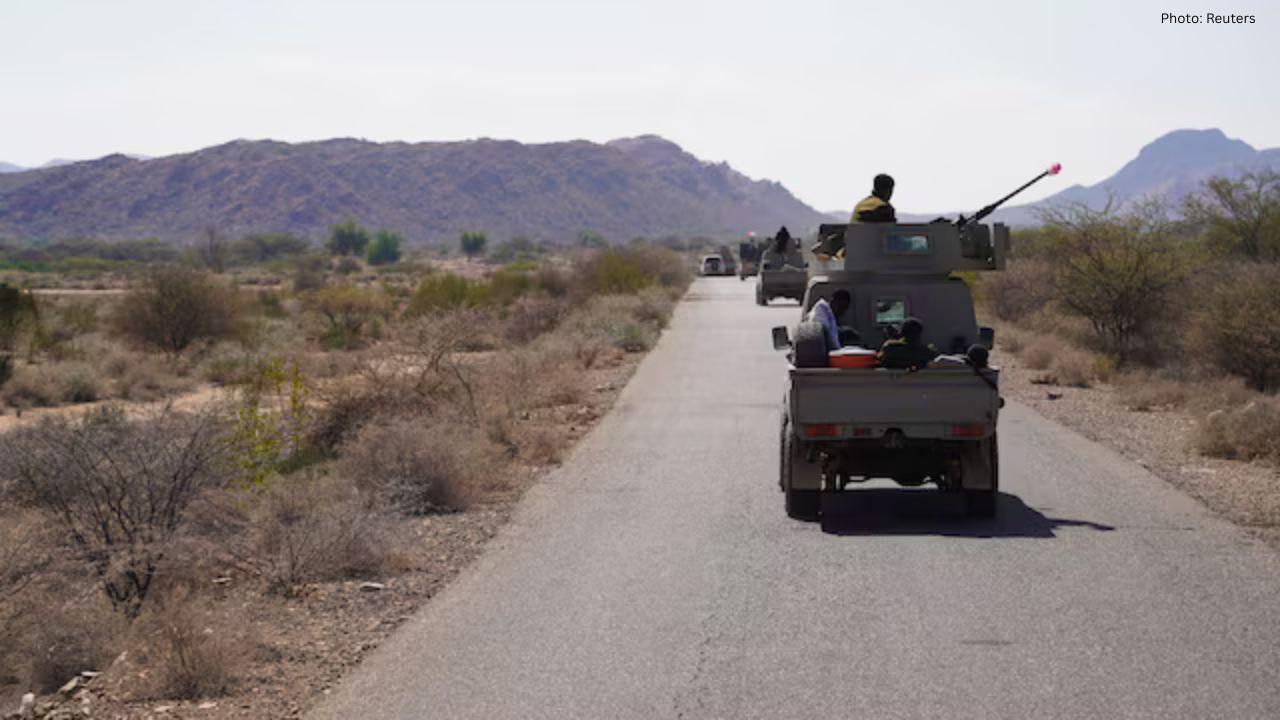
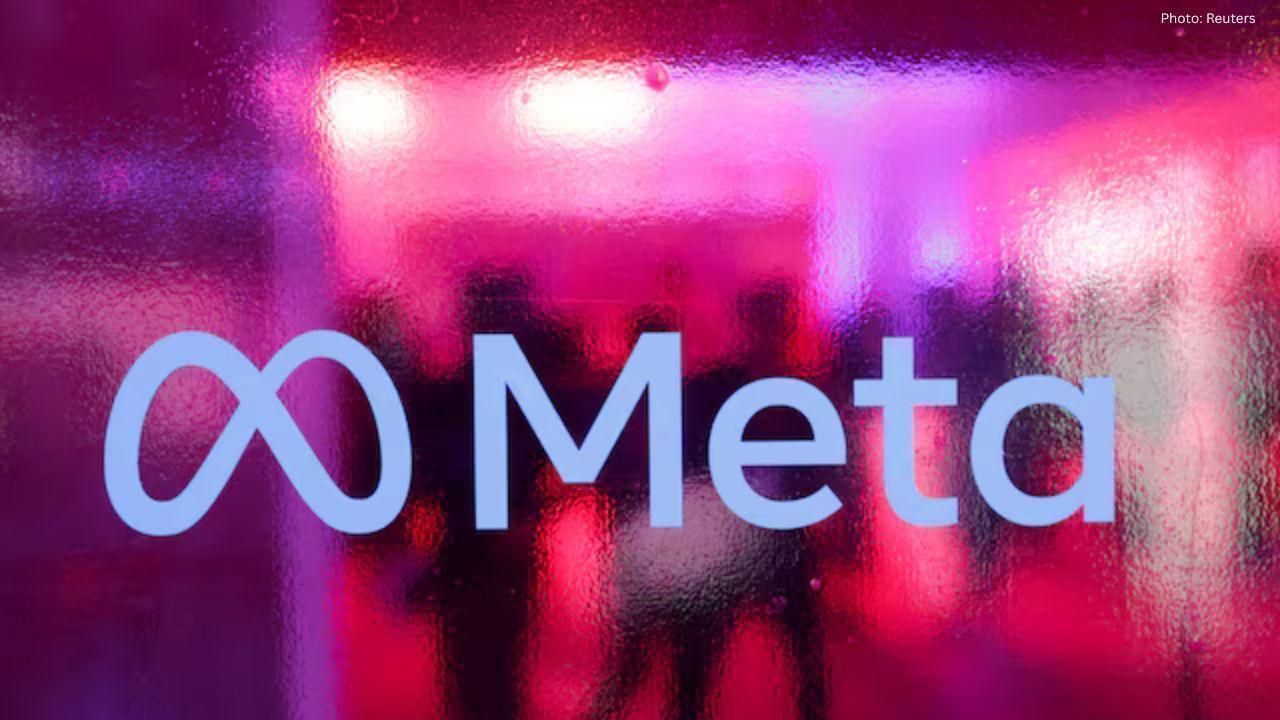

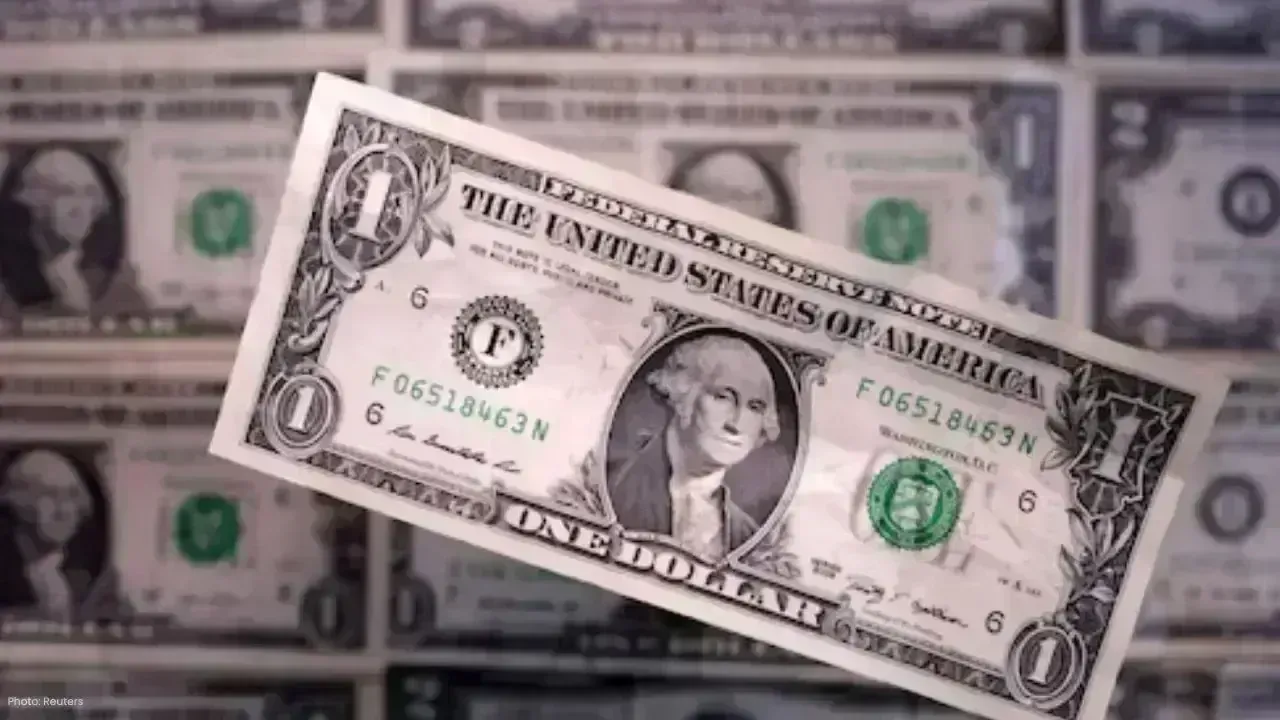
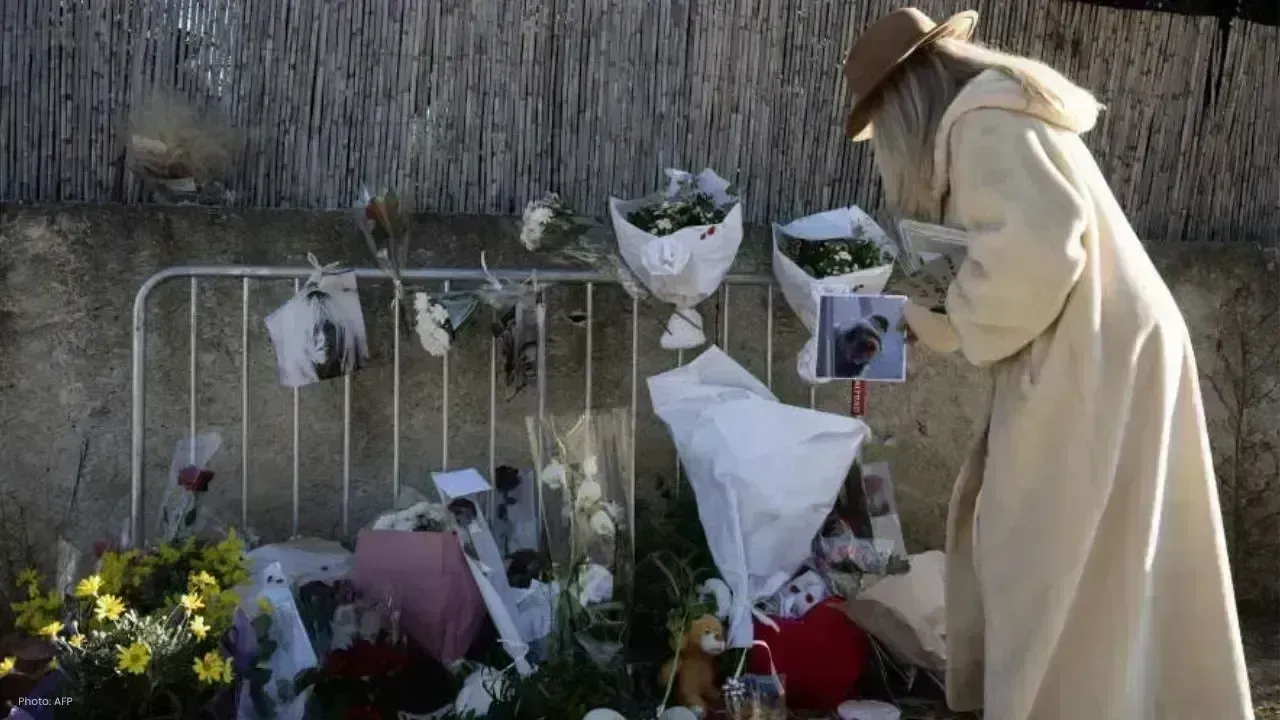

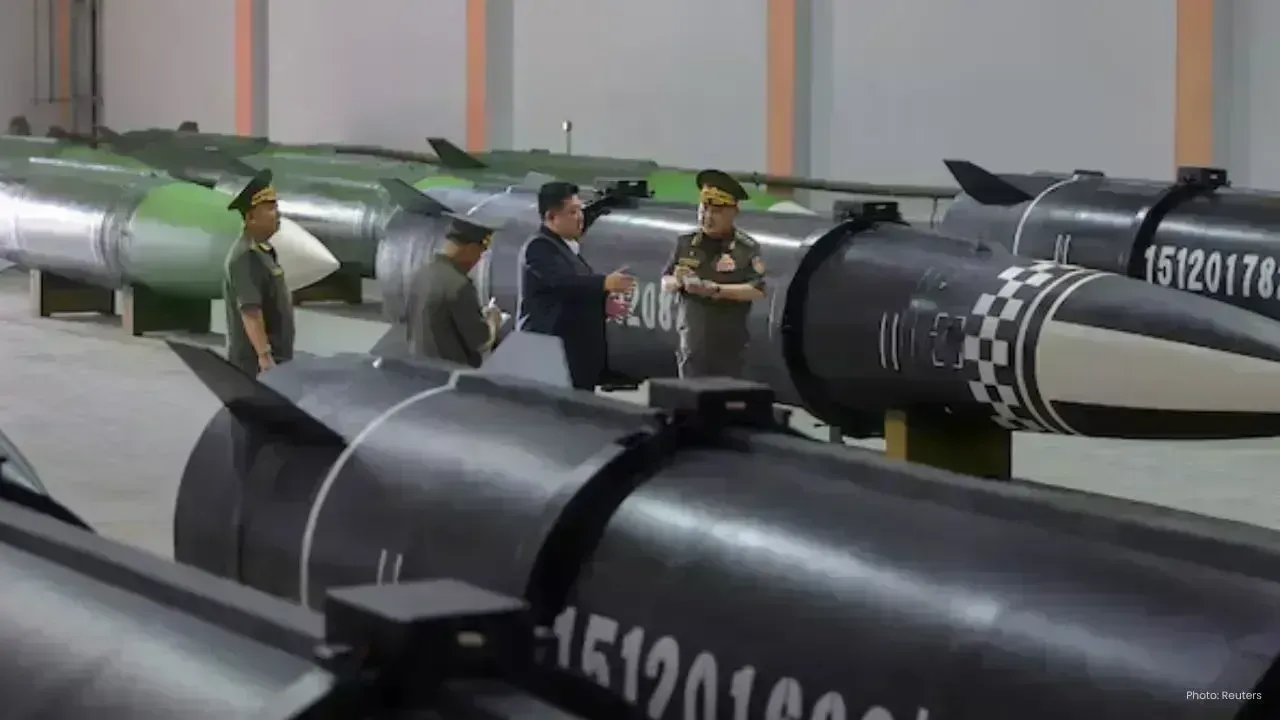

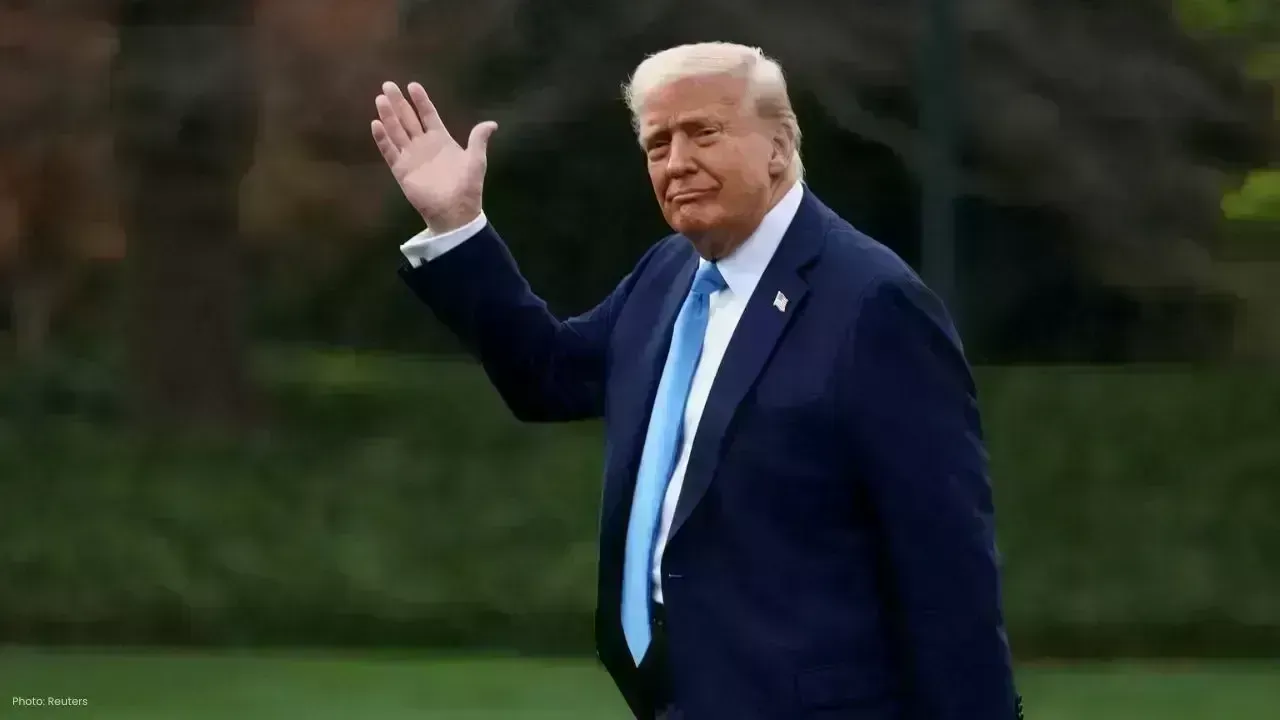

Trump Claims He Ended India-Pakistan War, Faces Strong Denial
Donald Trump says he brokered the ceasefire between India and Pakistan and resolved eight wars, but

Two Telangana Women Die in California Road Accident, Families Seek Help
Two Telangana women pursuing Master's in the US died in a tragic California crash. Families urge gov

Ranveer Singh’s Dhurandhar Roars Past ₹1100 Cr Worldwide
Ranveer Singh’s Dhurandhar stays unstoppable in week four, crossing ₹1100 crore globally and overtak

Asian Stocks Surge as Dollar Dips, Silver Hits $80 Amid Rate Cut Hopes
Asian markets rally to six-week highs while silver breaks $80, driven by Federal Reserve rate cut ex

Balendra Shah Joins Rastriya Swatantra Party Ahead of Nepal Polls
Kathmandu Mayor Balendra Shah allies with Rastriya Swatantra Party, led by Rabi Lamichhane, to chall

Australia launches review of law enforcement after Bondi shooting
Australia begins an independent review of law enforcement actions and laws after the Bondi mass shoo